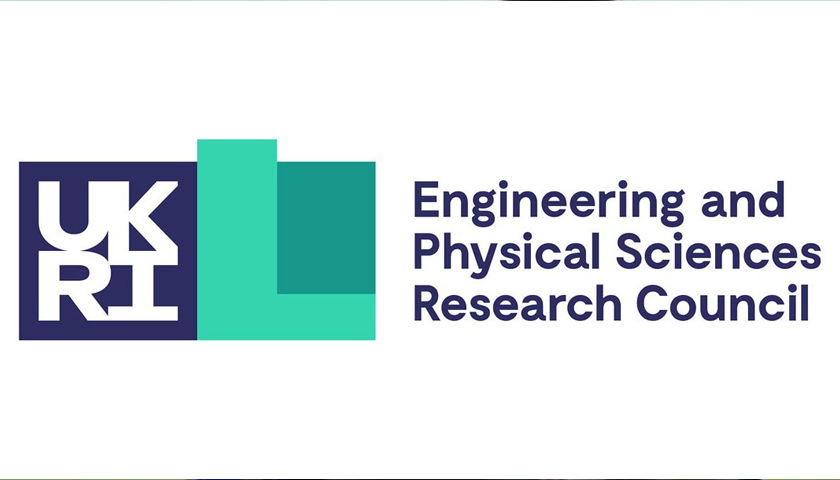An investment of £53 million in six research hubs and centres will drive forward change in the energy system and help to meet the UK’s net zero target by 2050.
The energy research centres and hubs will boost knowledge, create innovative green technologies and reduce demand for energy to achieve greener, cleaner domestic, industrial and transport energy systems.
UK Research and Innovation (UKRI) has awarded:
- £15 million for a new Energy Demand Research Centre that will provide solutions for energy demand reduction, understand the impact on consumers, and enable equitable policy decision-making
- £17.5 million investment in three Supergen research hubs that will boost innovation in energy distribution, both nationally and internationally, and propel discoveries in renewable energy into impactful new technologies
- £20 million in two hubs that deliver options to integrate clean and sustainable hydrogen into the domestic, industrial and transport energy systems
Boost our energy security
Lord Callanan, Minister for Energy Efficiency and Green Finance, said:
Our world-leading expertise and knowledge on the latest clean technologies starts in our universities.
Today’s Government funding will support cutting-edge research across Britain, helping to deliver cleaner, cheaper home-grown renewable energy sources – helping grow our economy and boost our energy security.
A portfolio of investments
Professor Dame Ottoline Leyser, Chief Executive of UKRI, said:
The government has set a target of reaching net zero emissions by 2050, requiring rapid decarbonisation of our energy systems. UKRI is leveraging its ability to work across disciplines to support this ambition through a major portfolio of investments that will catalyse innovation and new green energy systems.
The funding announced today will support researchers and innovators to develop game changing ideas to improve domestic, industrial and transport energy systems.
Energy Demand Research Centre
Reducing energy use could help meet half of the required emissions reductions we need to reach net zero emissions by 2050.
A new national Energy Demand Research Centre will build an evidence base for understanding consumer behaviour, assessing the impact of socio-technical energy demand reduction measures, and research mechanisms to improve energy efficiency.
The centre, based at the universities of Sussex and Newcastle, will investigate how domestic, industrial and transport energy demand reduction can be delivered on a local and national level across the UK.
The centre has been awarded £15 million from the Engineering and Physical Sciences Research Council (EPSRC) and the Economic and Social Research Council.
Hydrogen Hubs
Hydrogen and hydrogen-based, low-carbon liquid fuels, such as ammonia, are essential for the UK to reach net zero emissions by 2050.
Hydrogen is a highly versatile energy vector suitable for use in many hard-to-decarbonise sectors where other energy options, such as electricity, are not suitable.
These two hubs will drive forward the national effort in hydrogen research that is needed to facilitate this critical area of technology to meet industry and government needs.
UK-HyRES Hub
The UK Hub for Research Challenges in Hydrogen and Alternative Liquid Fuels (UK-HyRES) is led by the University of Bath.
It aims to become an international leader in hydrogen research and to deliver practical hydrogen and alternative liquid fuel technologies that are safe, acceptable, and environmentally and economically sustainable.
HI-ACT Hub
The Hydrogen Integration for Accelerated Energy Transitions (HI-ACT) Hub is led by Newcastle University.
It will evaluate routes to effective integration of hydrogen into the wider energy landscape, addressing interactions with electricity, natural gas, heat, and transport. By considering a whole systems perspective, the research shall identify where hydrogen offers most value.
Each hub has been awarded £10 million funding by EPSRC.
Supergen Impact Hubs
Three impact hubs will study how the UK can take advantage of the latest research in energy generation from renewable sources.
Supergen Energy Networks Impact Hub
The Supergen Energy Networks Impact Hub is based at the University of Bristol.
The hub will investigate modernisation of energy distribution systems between suppliers and users to become a driving force towards a rapid, safe and just transition to net zero.
Supergen Offshore Renewable Energy Impact Hub
Based at the University of Plymouth, the Supergen Offshore Renewable Energy (ORE) Impact Hub delivers research to accelerate the impact of current generation and future ORE devices and systems.
Researchers focus on innovation and new technologies in wave, tidal, solar and wind power.
Supergen Bioenergy Impact Hub
The Supergen Bioenergy Impact Hub, based at Aston University, will continue to support the UK’s transition to a low carbon energy future by identifying pathways for delivering bioenergy with wider social, economic and environmental benefits.
The hubs are funded by EPSRC, with the Supergen Bioenergy Impact Hub also receiving support from the Biotechnology and Biological Sciences Research Council (BBSRC).

